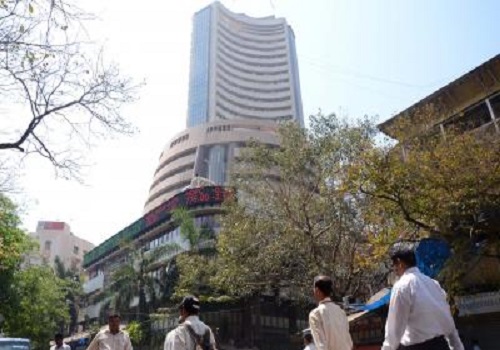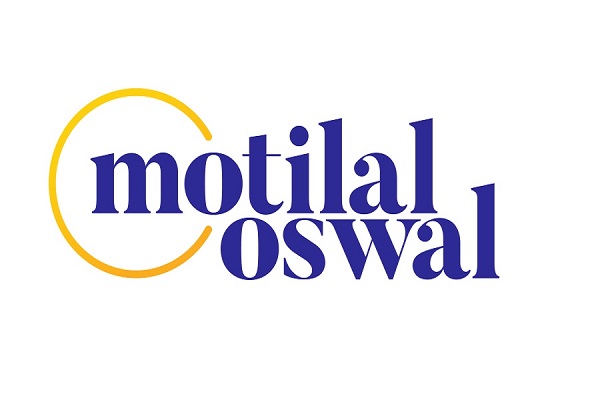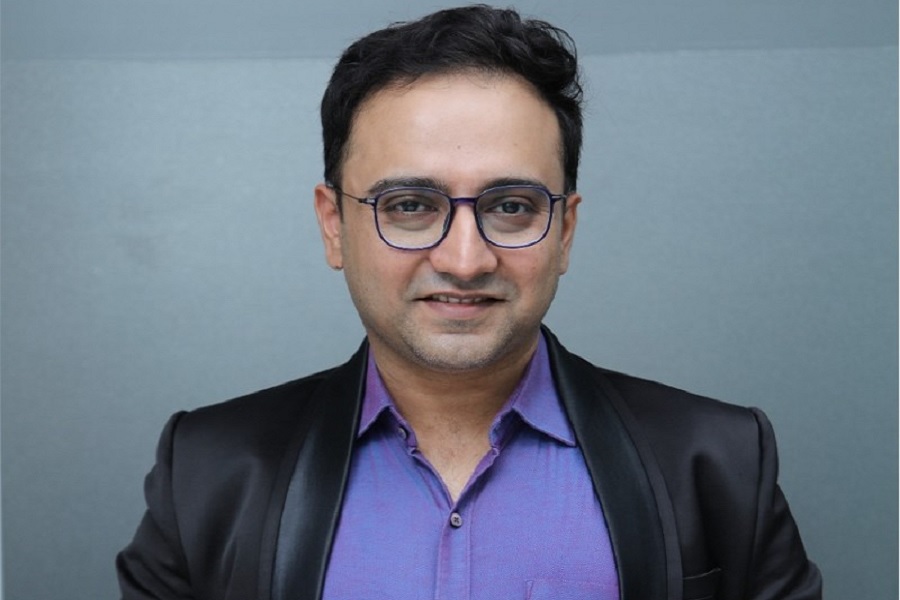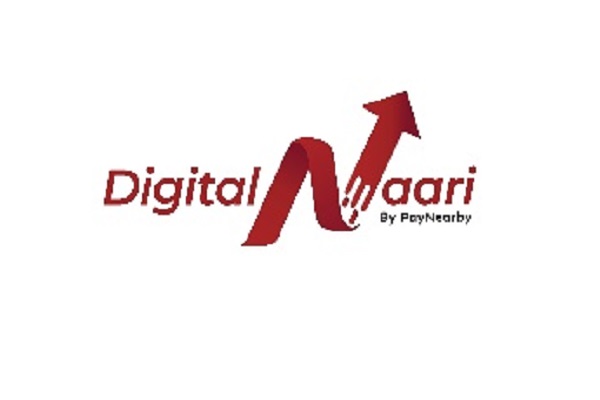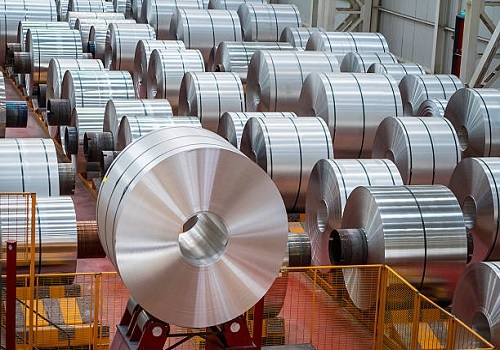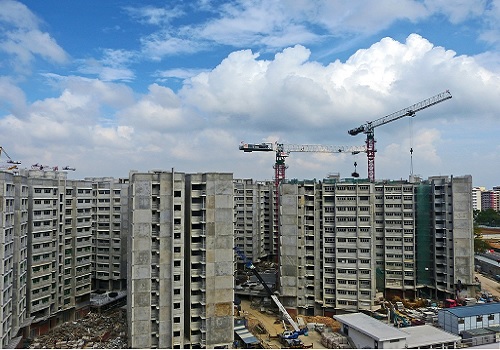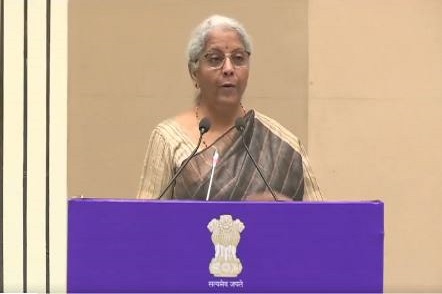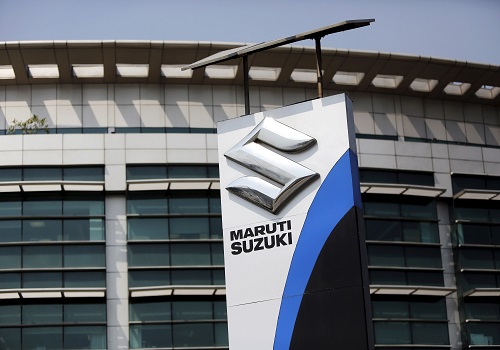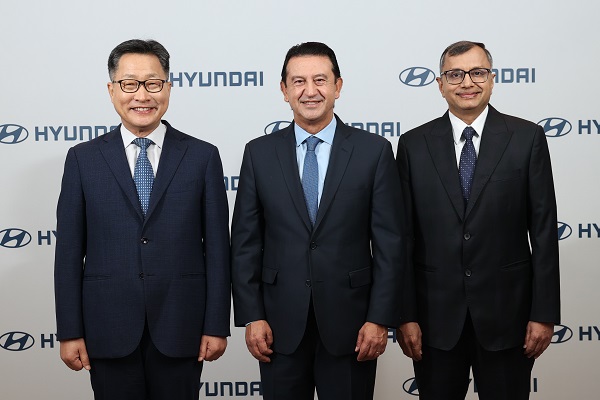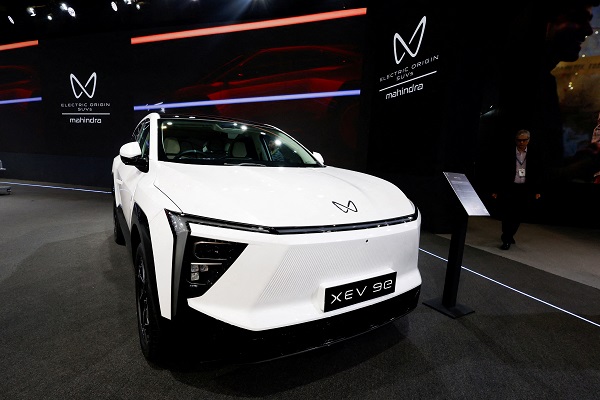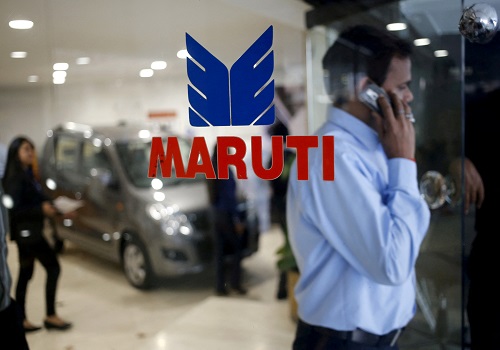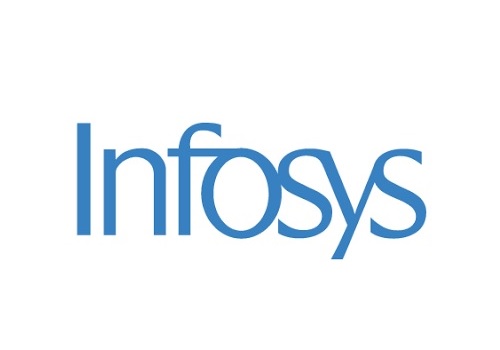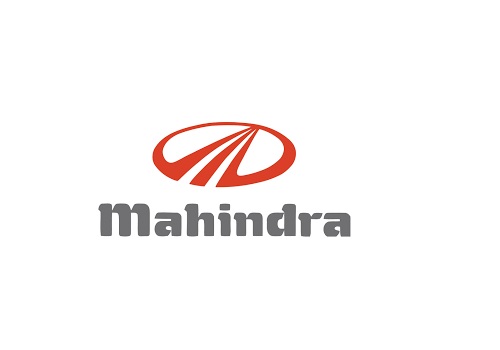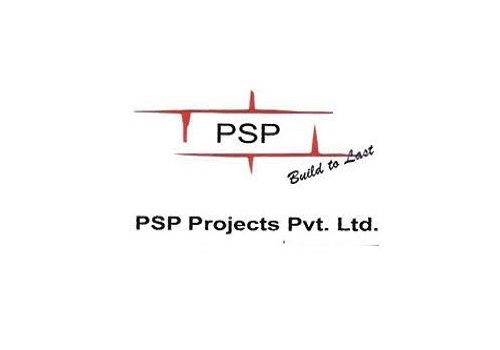Buy Maruti Suzuki Ltd Target Rs. 15,160 By Motilal Oswal Financial Services Ltd
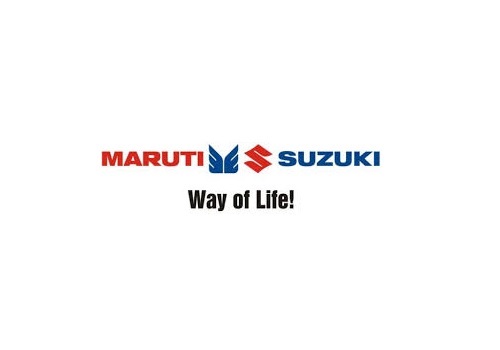
Scaling to a 4m capacity to maintain leadership position
We summarize below the key takeaways from MSIL’s FY24 Annual Report. MSIL will continue to partner with India on its ambitious Viksit Bharat initiative, and accordingly, it plans to scale up its production capacity to 4m units per annum by FY31. Further, the company aims to revitalize the entry-level PV market while strengthening its competitive positioning in SUVs through new launches, thus retaining its market leadership. While the adoption of EVs is on the rise, MSIL believes that customers should be encouraged to choose vehicles with strong hybrid technology, CNG, or ethanol and biogas. As part of Suzuki’s growth strategy for India, MSIL aims to diversify its powertrain mix by FY31, with BEVs likely to account for 15% of domestic PV sales, hybrids 25%, and the remaining 60% from CNG, biofuels, and ICEs. MSIL’s first BEV would be launched in 2025 with a target to launch six BEVs by 2031. We anticipate that MSIL will continue to outperform industry growth in FY25. Reiterate BUY with a TP of INR15,160 (premised on 26x Jun’26E consolidated EPS).
* India’s PV market is now the third largest in the world, yet car ownership remains at just 3% of the population. With a strong lineup of recent model launches, a diverse product portfolio, and a range of powertrain technologies, the company is poised to outpace industry growth. Aligned with India’s vision of Viksit Bharat, MSIL plans to significantly increase its production capacity to 4m units by FY30-31 from nearly 2m units annually currently.
* This year, SUVs made up ~50% of the PV market (up from 23% in FY19). MSIL also expanded its offerings in the UV segment and launched new products including Invicto, Grand Vitara, Jimny, Brezza, and Fronx. In contrast, while demand for hatchbacks and sedans remained weak, MSIL aims to revitalize this segment with the launch of exciting refreshes such as the new Swift with Z series engine which has improved fuel efficiency and lower emissions.
* While the adoption of EVs is on the rise, customers should also be encouraged to choose vehicles with strong hybrid technology, CNG, or ethanol and biogas. As part of Suzuki’s growth strategy for India, MSIL aims to diversify its powertrain mix by FY31, with BEVs likely to account for 15% of domestic PV sales, hybrids 25%, and the remaining 60% from CNG, biofuels, and ICEs. MSIL’s first BEV would be launched in 2025 with a target to launch six BEVs by 2031.
* Other highlights: 1) As part of its growth strategy until FY31, MSIL took a major step by acquiring Suzuki Motor Gujarat (SMG) from its parent company, Suzuki Motor Corporation, Japan, in Nov’23. 2) The company added ~223 dealers in FY24, taking the total tally to 3,863 dealers across 2,522 cities. 3) Strong operating performance led to a steep increase in CFO to INR151.7b (from INR92.3b in FY23). This was partially offset by an increase in capex at INR69.6b (from INR62.5b in FY23), resulting in an FCF of INR82b (vs. INR29.8b in FY23). RoE improved 420bp to 18.3%, while RoCE expanded 590bp to 23.8% in FY24.
Targets to gain share across segments by enhancing its value proposition
* The Indian automotive industry is rapidly evolving due to multiple factors, such as changes in consumer aspirations and the shift towards environment-friendly, safe, and connected technologies.
* This year, SUVs made up ~50% of the PV market (up from 23% in FY19). In line with this trend, MSIL expanded its offerings in the UV segment and launched new products including Invicto, Grand Vitara, Jimny, Brezza, and Fronx.
* Conversely, the demand for hatchbacks and sedans, especially entry-level nonpremium hatchbacks, has declined significantly. The share of hatchbacks declined to ~28% in FY24 from 46% in FY19. This drop was largely due to affordability issues caused by rising prices from product regulations, changes in insurance norms, and increased road taxes by state governments.
* As a market leader, MSIL aims to revitalize the hatchback segment, which is in need of a growth catalyst. To achieve this, it introduced the fourth generation Swift, featuring the all-new Z-Series engine. With this, MSIL improved the fuel efficiency of Swift’s Automatic Transmission by approximately 14% with respect to its predecessor.
* Further, being a market leader, MSIL has been at the forefront of customer satisfaction and value proposition by bringing new products equipped with the latest technologies and features that offer a high level of safety, reliability, performance, and fuel efficiency. Accordingly, MSIL focused on inducting new technologies in FY24, such as – a tyre pressure monitoring system, an electronic parking brake with an auto hold function, a panoramic sunroof, a wireless charger, ventilated seats, an eight-way powered driver seat with a memory function, a powered tailgate, an advanced 1.0L K-series turbo boosterjet, and a front parking assist system.
Working on a multi-technology approach to meet emission norms
* To reduce carbon emissions and reliance on imported fuel, MSIL will offer cars with various technologies and price points, including electric vehicles (EVs). While the adoption of EVs is on the rise, customers should also be encouraged to choose vehicles with strong hybrid technology, CNG or ethanol and biogas.
* As part of Suzuki’s India growth strategy, the company aims to diversify its powertrain mix by FY31, with BEVs expected to make up 15% of domestic PV sales, hybrids 25%, and the remaining 60% from CNG, biofuels, and ICEs.
* EV: It has contributed 2.1% of domestic PV industry volumes in FY24 vs. 1.5% in FY23. The adoption of EVs will depend on infrastructure development and cost reduction through local production and better technology. At the Bharat Mobility Expo 2024, MSIL showcased its commitment to electric mobility with the concept electric SUV, eVX. This mid-size electric SUV features a futuristic design with an upright posture and high-seating position. The eVX is equipped with a 60kWh battery pack, providing a driving range of up to 550km. MSIL’s first BEV would be launched in 2025, and it has set a target to launch six BEVs by 2031.
* Hybrid: The Strong Hybrid Electric Vehicles (SHEVs) offer a compelling value with a lower carbon footprint and no range anxiety, leading to strong consumer acceptance. It contributed 2.1% of industry volumes, up from 1.1% in FY23. Hybrid vehicles can improve fuel efficiency by 35% to 45% and reduce carbon emissions by 25% to 35%. Toshiba Denso Suzuki Gujarat Private Limited (TDSG) runs India’s first lithium-ion battery plant with cell-level localization, supplying battery packs for the company's Mild Hybrid vehicles.
* CNG: In FY24, CNG vehicle preference jumped 52%, driven by increased CNG infrastructure in southern and eastern India. MSIL offers CNG powertrains in 14 of its 18 domestic models, the highest among OEMs in India, and holds nearly 75% of the CNG market share. It contributed 14.8% of volumes in FY24 vis-à-vis 10.4% in FY23. The company is expected to sell ~600k CNG vehicles in FY25, up from ~482k units in FY24. It is optimistic about leveraging the expanding CNG infrastructure to boost sales further. Although CNG vehicles are not as clean as hybrids, they still offer better environmental performance than petrol or diesel cars.
* Biogas: India has significant potential for biogas production from agricultural, animal, and human waste. Biogas is renewable, carbon-negative, and free of import content. Its production could reduce paddy stubble burning and improve cleanliness. MSIL is working on trial basis to produce biogas and awaits supportive government policies. Additionally, it is working on engine modifications to use petrol blended with up to 20% ethanol and exploring technology for higher ethanol blends. It unveiled India’s first mass-segment flex fuel prototype car, the WagonR FFV, which is capable of operating with ethanol blends ranging from 20% to 85% with gasoline. This vehicle offers similar performance to traditional fuels and could lower running costs due to the price difference between gasoline and E85.
* Both biofuels and CNG offer promising carbon reduction solutions for entry-tomedium segment vehicles. MSIL has incorporated CNG, mild hybrid, and strong hybrid technologies into its products to reduce carbon dioxide emissions. The contribution of sales from green vehicles (CNG+ mild hybrid+ strong hybrids) in overall sales in FY24 increased to 42%, from 37% in FY23.
Announcement of SMG acquisition
* As part of its growth strategy until FY31, MSIL took a major step by acquiring SMG from its parent company, Suzuki Motor Corporation, Japan, in Nov’23.
* Following the acquisition, SMG became a 100% subsidiary of MSIL, adding 0.75m units to its annual production capacity, bringing the company’s total production capability to approximately 2.35m units per annum.
* The major reason behind this step was that the company expected to manage a much larger operation across different locations and work with various powertrain technologies in the future. To handle this complexity more easily, management decided to bring all production units under its direct control.
Aims for a 4m annual capacity by FY31
* The company announced an ambitious growth strategy for FY31, aiming to scale up production to 4m units annually by that time.
* The 100k units p.a. additional line at Manesar has already been commissioned.
* MSIL announced the construction of a fourth production line at SMG, adding 250k units to its capacity. Additionally, the company plans to establish a new greenfield manufacturing facility in Gujarat with a capacity of 1m units.
* In Haryana, the construction of a new manufacturing facility at Kharkhoda is progressing well, with an initial phase capacity of 250k units to be commissioned in FY25, which will eventually be expanded to 1m units.
Optimistic on the long-term demand for exports
* MSIL reported ~10% YoY growth in export volume to ~283k units in FY24 vs. 2% YoY growth in exports for the industry.
* It continues to retain its market leadership in exports with ~42% share.
* The share of export volume to total sales for MSIL stood at ~13% in FY24, similar to FY23. This year, the company exported new models such as Jimny, Fronx, and Grand Vitara. In FY24, MSIL’s top export destinations were Africa, Latin America, the Middle East, and the ASEAN regions.
* With strong support from Suzuki Motor in technology and access to its extensive global distribution network, the company aims to maximize medium- to longterm opportunities. Moreover, it aims to leverage Suzuki Motor's partnership with Toyota Motor Corporation. MSIL expects robust export sales growth in FY25 and remains optimistic about the strong medium- to long-term demand for its exports.
Benefits driven by R&D capabilities
* MSIL incurred R&D expenses of INR11.7b, i.e., 0.8% of sales (flat YoY).
* The company has been granted a record 434 patents in FY24.
* Benefits driven by the R&D initiatives include:
* Launch of new products and superior technologies in models like Fronx, Jimny, and Invicto.
* Introduced S-CNG in Fronx to offer an eco-friendly driving experience.
* Rigorous efforts to localize imported raw materials and high-technology parts have helped in reducing the material costs and mitigating the risk of foreign exchange fluctuations. Saved INR1.26b by localization and INR5.08b from implementation of value analysis and value engineering concepts (VA/VE) in FY24.
Other highlights
* Network expansion: Overall, the company added ~223 dealers in FY24, taking the total tally to 3,863 dealers across 2,522 cities. With over 2,000 outlets in non-urban markets across the country, the contribution of sales from these markets in overall sales increased by ~1% YoY to reach ~45% in FY24.
* Service: MSIL expanded its service touch points in India to 4,964 across 2,519 cities in FY24 (from 4,564 centers across 2,304 cities in FY23) and catered to over 25m customers.
* Company-owned Dealer-operated (CODO) outlets: As part of its CODO initiative, the company launched nine sales and service outlets on its own land in FY24. Moving forward, it plans to construct 13 more outlets under the CODO model.
* Maruti Suzuki Smart Finance (MSSF): In FY24, MSSF disbursed loans totaling over INR455bn to more than 0.6m customers, marking a 21% YoY increase. In FY24, nearly 37% of customers used the MSSF platform to finance their car purchases, up from 33% in FY23.
* True Value sales: The demand for pre-owned cars continued to increase in FY24, with MSIL's True Value channel sales growing 20% YoY. During FY24, MSIL added 49 independent True Value sales outlets.
* Critical vendors: MSIL has identified 80 Tier-1 suppliers that are critical to its business operations. These vendors contributed 72% of the total procurement in FY24. Additionally, 48 Tier-2 suppliers have also been identified as critical.
* Railways: MSIL has established India’s first in-plant railway siding at its Gujarat facility to enhance vehicle dispatches by rail, and it is setting up another siding at its Manesar facility.
* During FY24, it dispatched over 447k vehicles through railways, an increase of 34% over FY23.
* MSIL aims to increase rail dispatches within its total vehicle dispatches to 35% across India by FY31 from 21.5% in FY24 .
* Scrapping and recycling: MSIL, in partnership with Toyota Tsusho Group, launched a vehicle scrapping and recycling facility in Noida in 2021. The facility, operated by Maruti Suzuki Toyotsu India Pvt. Ltd. (MSTI), can handle 24k vehicles annually, offering an eco-friendly and efficient solution for scrapping End-of-Life vehicles (ELVs). Since its inception, the facility has processed over 5k ELVs, generating more than 3.5kMT of scrap, which reinforces MSIL's commitment to sustainability. Since the inception of the MSTI facility (recycling), about 2,500k kg of steel and 260k kg of aluminum were recovered from the scrapped cars. Further, through the domestic recycler, MSIL has recycled 5.2t of li-ion batteries, and over 18 metric tons of batteries have been recycled on a cumulative basis.
* Renewables: The company has ramped up its renewable energy efforts, increasing solar power capacity to 48 MWp from 26.3 MWp in FY22-23. It plans to further expand this capacity to 78 MWp by FY25-26.
Highlights from the financial statements
* MSIL’s revenue/EBITDA/adj. PAT for FY24 grew 20%/49%/64% YoY.
* Volumes jumped 9% YoY to 2.13m units, while net realizations improved 10.4% YoY to INR631.9k per vehicle due to a better mix.
* Gross margin improved 180bp YoY to 28.7% due to the benefits of mix and lower RM costs. Further, operating leverage drove an EBIT margin expansion of 250bp to 9.5%.
* Strong operating performance led to a sharp increase in CFO to INR151.7b (from INR92.3b in FY23). This was partially offset by an increase in capex at INR69.6b (vs. INR62.5b in FY23), resulting in an FCF of INR82b (vs. INR29.8b in FY23).
* RoE improved 420bp to 18.3%, while RoCE expanded 590bp to 23.8% in FY24.
Valuation and view
* We anticipate that MSIL will continue to outperform industry growth FY24-26. While the bulk of input cost benefits are likely to be over, we expect the company to post a 140bp margin improvement to ~13% by FY26, largely led by an improved mix. This would in turn drive a steady 15% earnings CAGR over FY24-26E.
* Further, any GST cut or favorable policy for hybrids by the government may drive a re-rating, as MSIL would be the key beneficiary. The stock trades at 25.5x/21.9x FY25E/FY26E consolidated EPS. Reiterate BUY with a TP of INR15,160 (premised on 26x Jun'26E consolidated EPS).
For More Motilal Oswal Securities Ltd Disclaimer http://www.motilaloswal.com/MOSLdisclaimer/disclaimer.html
SEBI Registration number is INH000000412
